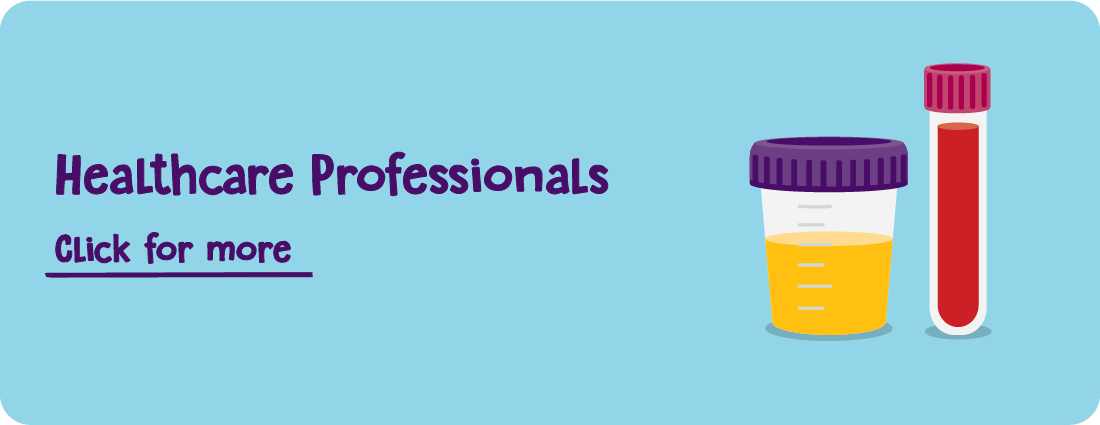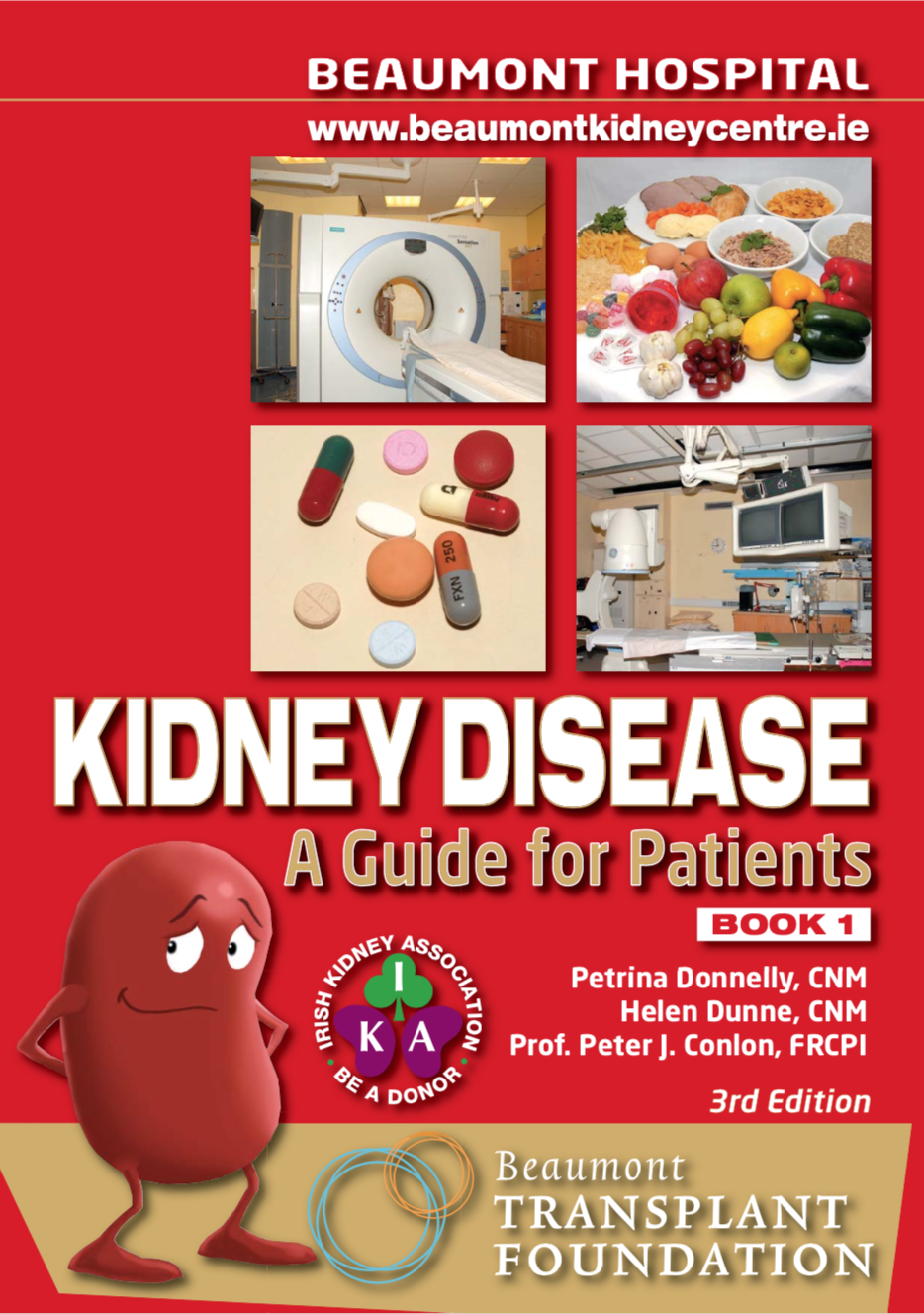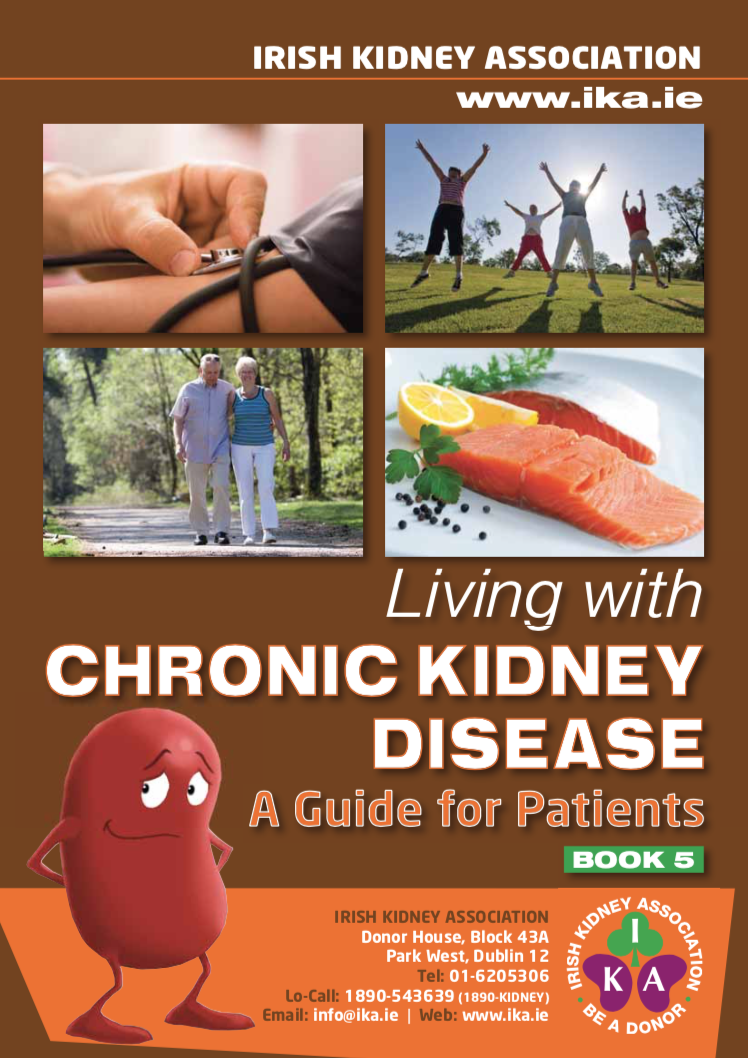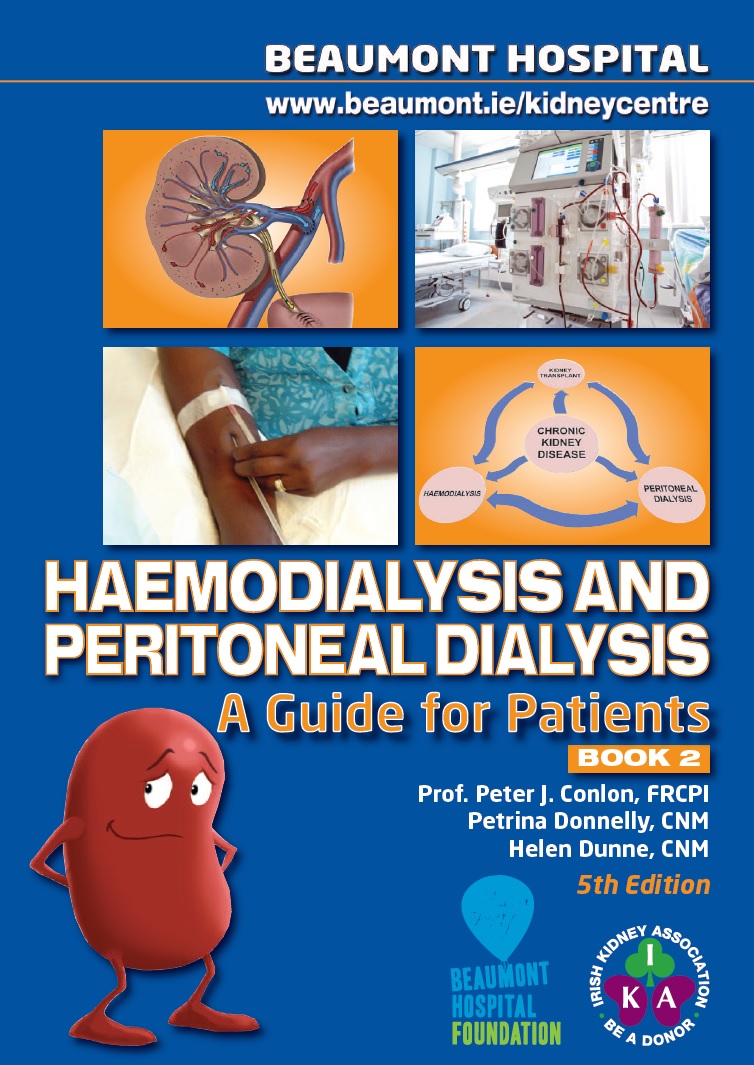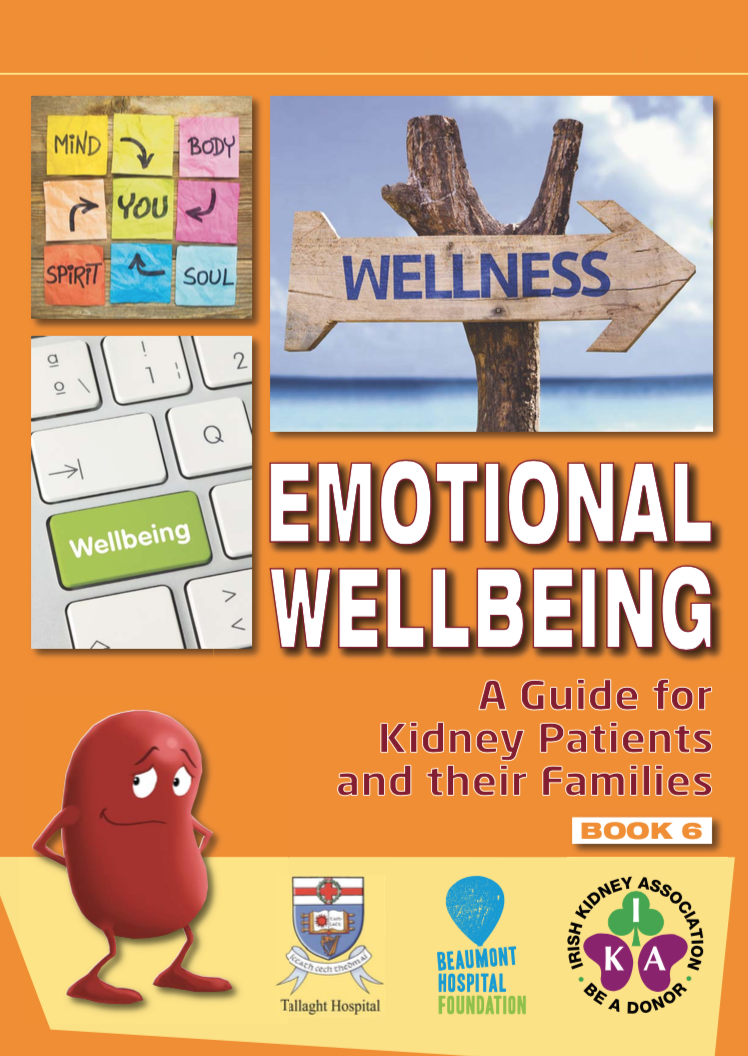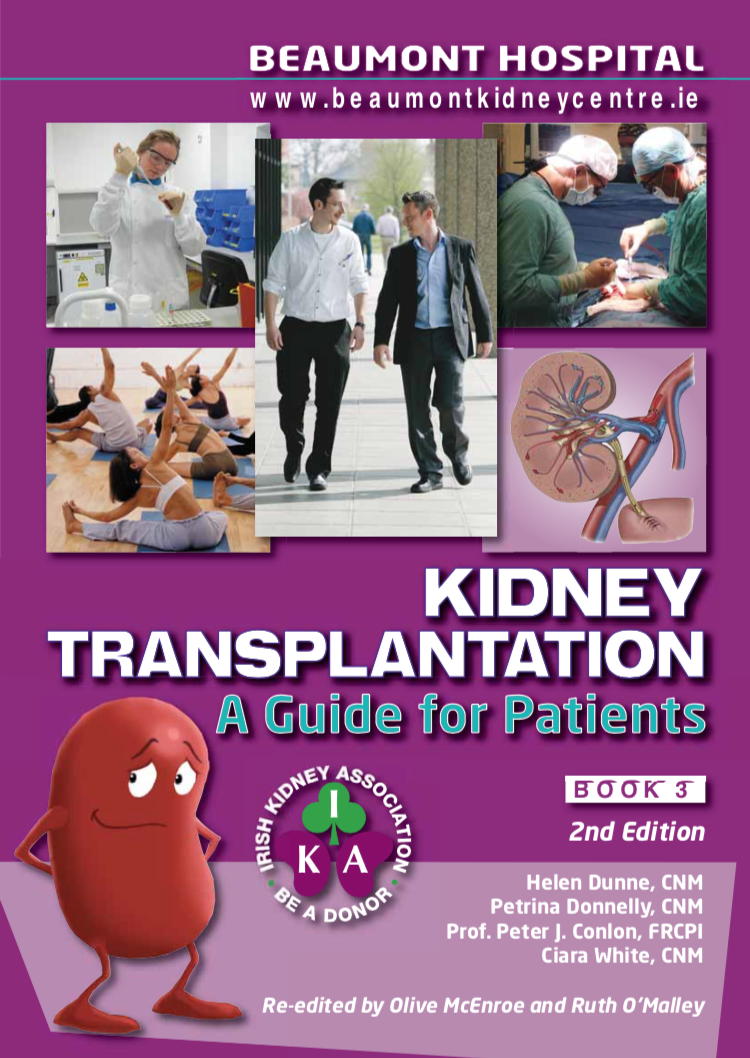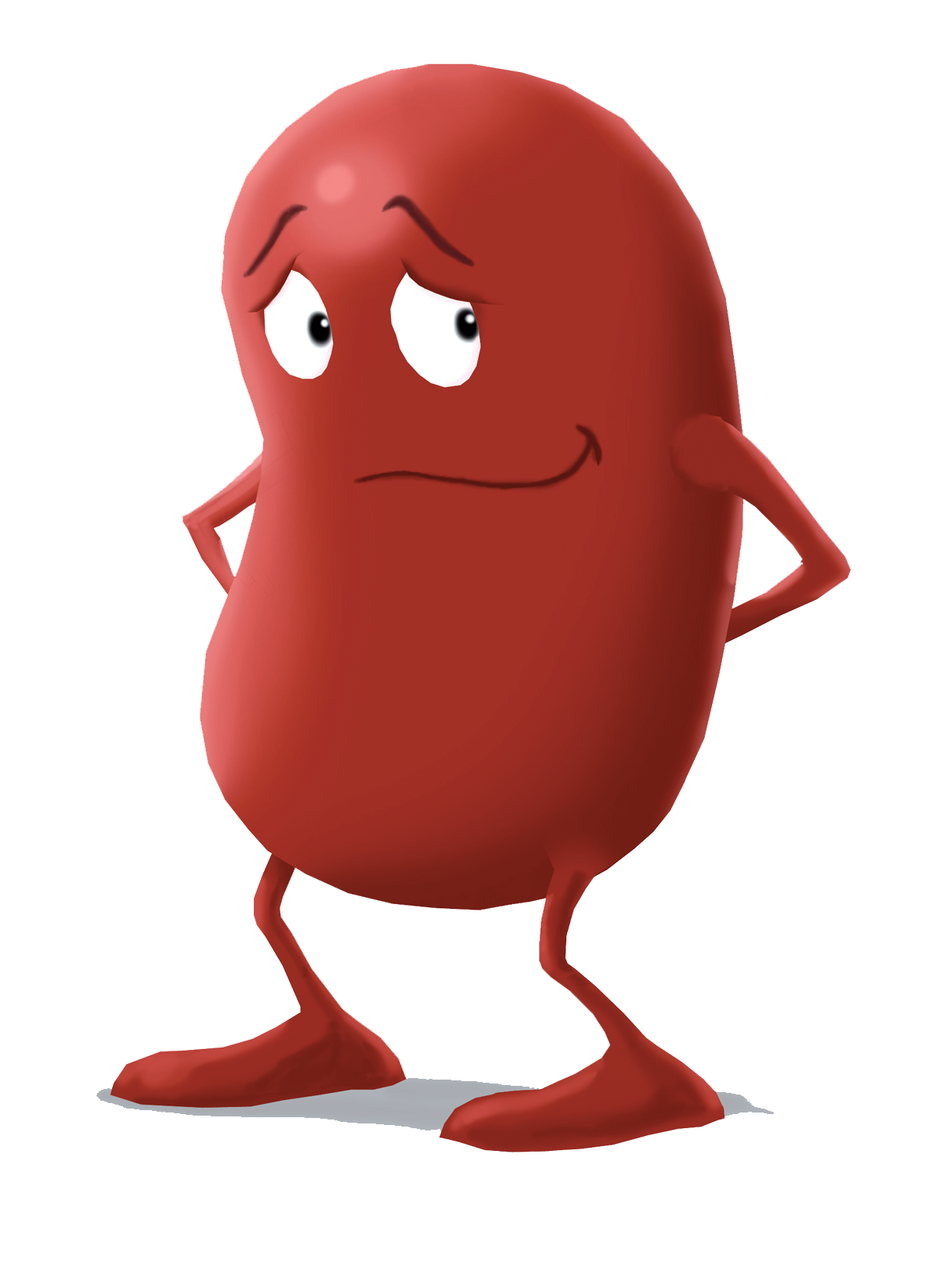Support the Irish Kidney Association this World Kidney Day by dedicating a flower in our Forget-Me-Not Garden.
Choose your flower, add your own special message and photograph if you wish. You can share the garden with your friends and family and together we can make the garden bloom.
Thank you for your support. Every donation will help us to be there for kidney patients and their families when they need us.
Our kidneys are two bean-shaped organs about the size of a fist, located on either side near the middle of your back, that filter and remove waste products and excess fluid from the body.
Your kidneys do many other important jobs too, such as help control your blood pressure, keep your bones and heart healthy and help in the production of red blood cells, which are used to carry oxygen around the body.
Chronic Kidney Disease (CKD) is a condition in which the kidneys cannot perform their normal functions. Your kidneys lose the majority of their filtering ability and, as a result, fluid and waste builds up in your body.
CKD usually develops slowly, with few signs or symptoms in the early stages. Many people with CKD do not realise they have a problem until their kidney function has decreased to less than 25 percent of normal. This damage usually occurs slowly, and is not reversible.
Kidney function can decline gradually over several years, or rapidly over several months. Eventually function will drop so low that dialysis treatment or a kidney transplant will be required. This is known as End Stage Kidney Disease (ESKD).
Who Is At Higher Risk Of Developing CKD? You Are, If You...

We All Have Kidney Numbers. Do You Know Yours?
Your kidney numbers show how well your kidneys are working and whether you might need treatment.
Your numbers are determined through two simple tests:
Urine Test: ACR (Albumin to Creatinine Ratio) tests how much albumin (a type of protein) is in your urine. Too much albumin in your urine is an early sign of kidney damage.
Blood Test: GFR (Glomerular Filtration Rate) is a measure of how well your kidneys work, and shows if you have Chronic Kidney Disease (CKD).
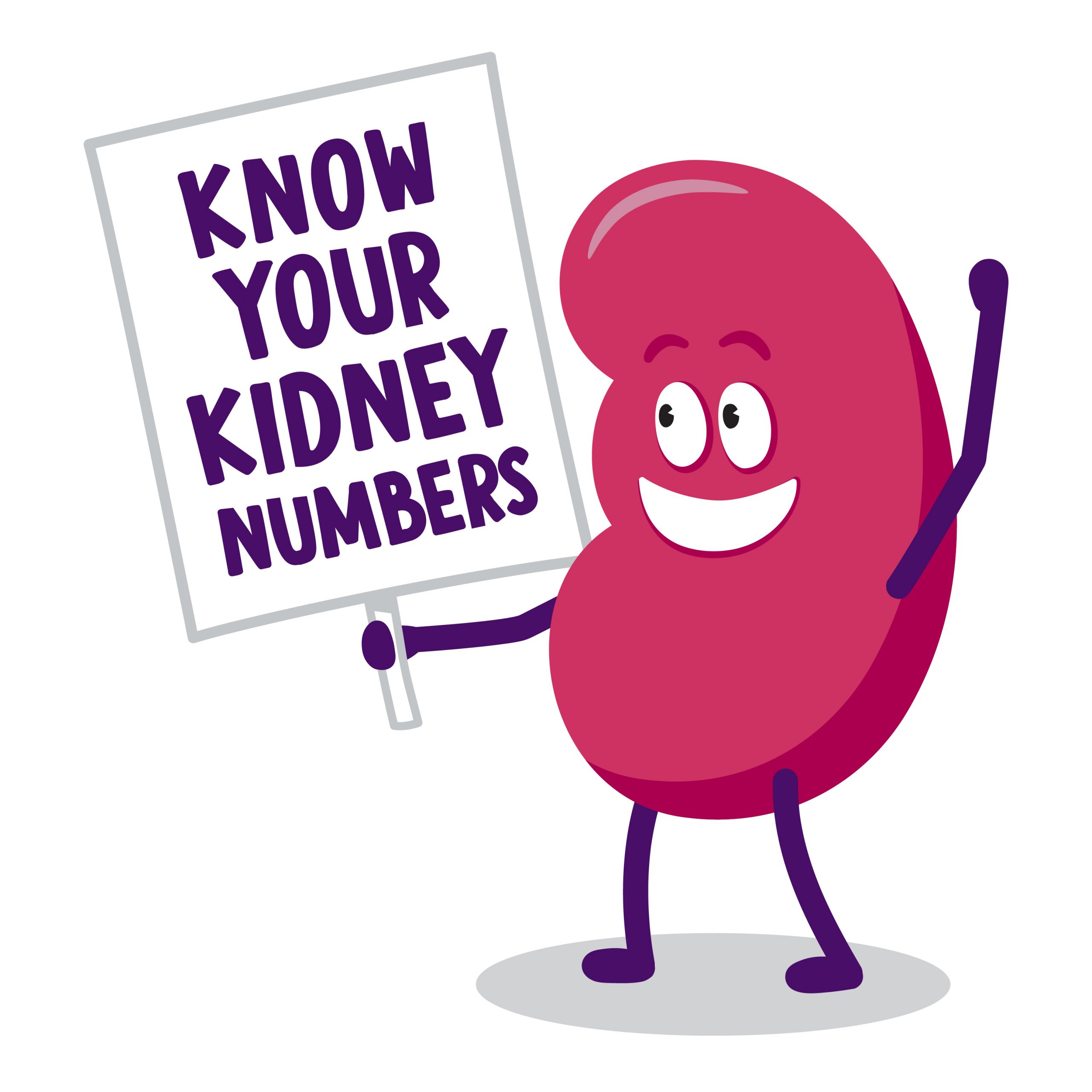
The stages of CKD can be thought of in terms ranging from 1 to 5.
Most patients who are diagnosed as having Stage 1, 2, or 3 have only mild kidney disease and do not progress to End Stage Kidney Disease (ESKD).
This is where early detection and treatment matters - no two patients are the same and progression is not predictable, but for example if your kidney numbers dropped by 1% each year, it would take 80 years to progress from Stage 1 (90%+) to ESKD (<15%).
Once Stage 4 is reached damage is more severe and usually not reversible, and Stage 5 is where options such as dialysis or a kidney transplant will be explored.

The heart pumps blood filled with oxygen through all parts of your body, including the kidneys. The kidneys control blood pressure and clean the blood (by removing waste). Without the kidneys, your blood would have too much waste and water putting pressure on your heart to pump extra fluid around your body. Without the heart, your kidneys would not have the oxygen-filled blood needed to do its many important jobs.
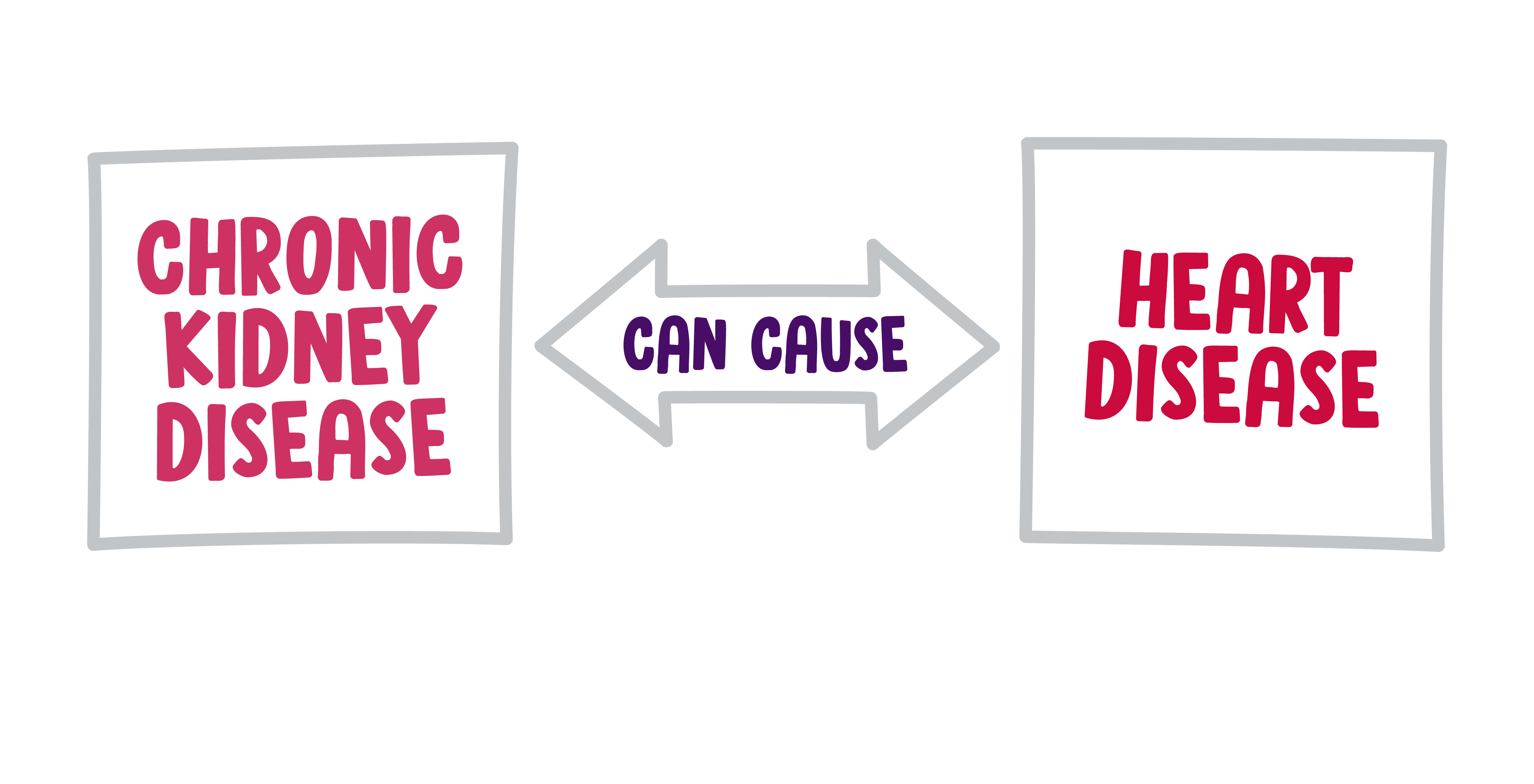
Know Your Numbers
Know your Blood Pressure target. This is usually less than 140/90, but for some people is less than 130/80 (ask your doctor). If you have Diabetes make sure you know your target blood sugar range and your HbA1c (this is a test that gives the average blood sugar over the previous 2-3 months). You should also know your GFR (glomerular filtration rate) which measures how well your kidneys works. If you have Chronic Kidney Disease or Heart Disease you should know your weight and monitor it as increasing weight could be caused by your body retaining fluid.
A Two Way Relationship
Diabetes and High Blood Pressure (also known as Hypertension) are leading causes of Chronic Kidney Disease and leading causes of Heart Disease. However, even without High Blood Pressure or Diabetes, having Chronic Kidney Disease on its own puts you at higher risk of developing heart problems, and if you have Heart Disease, from any cause, you are more likely to develop kidney problems than people without heart disease. Anaemia in Chronic Kidney Disease is very common. Anaemia reduces the blood’s ability to carry oxygen meaning that the heart must work extra hard to get the required amount of oxygen to the cells and organs for them to function properly. This extra work can lead to damage to the heart.
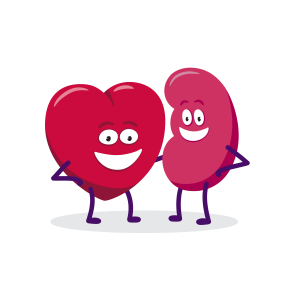
Produced by the Irish Kidney Association in association with the HSE National Renal Office.


